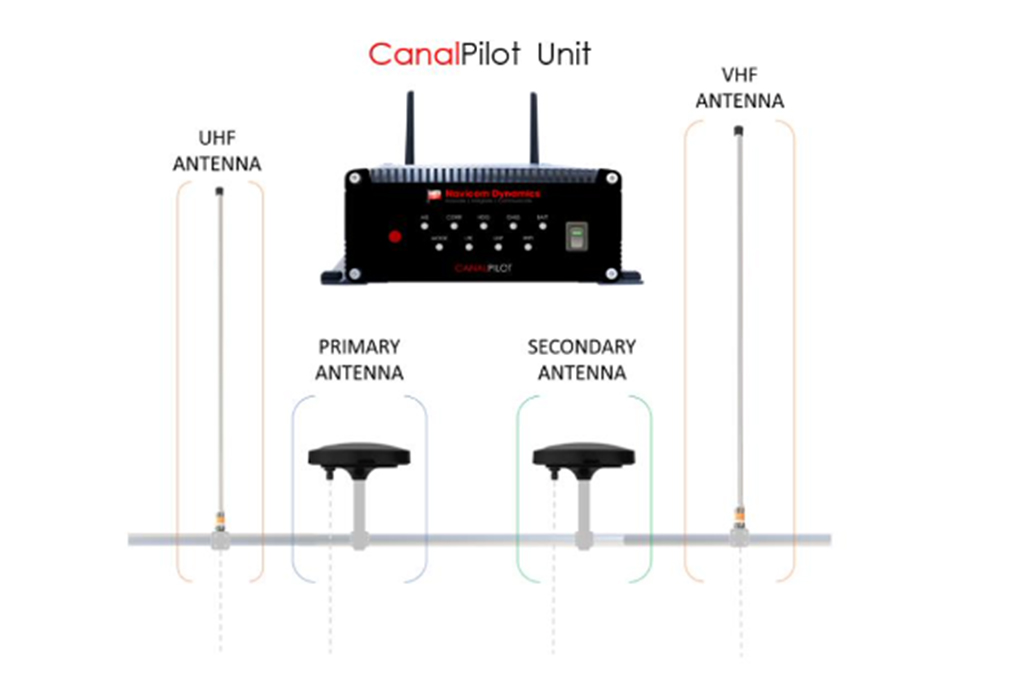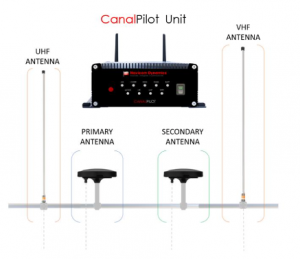08/03/2024
CanalPilot – Compliance with the New Panama Canal Requirement for Transiting Neopanamax Vessels from October 1st, 2023


08/03/2024
CanalPilot – Compliance with the New Panama Canal Requirement for Transiting Neopanamax Vessels from October 1st, 2023

Based on Panama Canal Authority’s Advisory to Shipping No. A-32-2022, all vessels with a beam of 109 feet (33.22 meters) or more, transiting Panama Canal since 1st October 2023, are required to have a fixed (non-portable) piloting unit with Real Time Kinematics (RTK) for submeter accuracy.
This measure is expected to improve the efficiency of the waterway by eliminating the delays associated with the installation of portable piloting units and since October 1st 2023 the compliance of the piloting unit has become part of the vessel’s arrival inspection.
Vessels that fail to comply, are required to proceed with rental of a PPU-RTK portable unit from Canal De Panama with the following Tariff scheme applied per transit:
1st Transit : $ 5.000
2nd Transit : $ 5.000 + 100% Surcharge
3rd Transit : $ 5.000 + Disruption charge low impact $ 65.000
TECHNAVA S.A. is the official representative of Navicom Dynamics Ltd, a well-respected manufacturer who offers a solution that is officially approved by Autoridad del Canal de Panamá (ACP).
CanalPilot
The CanalPilot is a highly accurate, independent non-portable piloting unit.
The absolute position is calculated from raw GNSS data and can be augmented with Satellite, Ground based or Internet derived corrections, depending on the system configuration.
The CanalPilot is a dual antenna heading system. It utilizes the primary antenna to derive its position and the secondary antenna to derive the heading.
A VHF antenna and UHF antenna are mounted externally to receive AIS information and receive UHF RTK corrections respectively.

ACP Registration Procedure:
Upon completion of the installation, the vessel details and offsets of the antennas need to be submitted to ACP.
The first time that the vessel will call the Canal after the installation, vessel’s agent should get in contact with the ACP in order to have the unit certified.
A technician from the ACP will then board the vessel with the offsets preloaded and will crosscheck the measurements.
If measurements are correct, a vessel specific certificate will be issued by ACP.
Relevant News